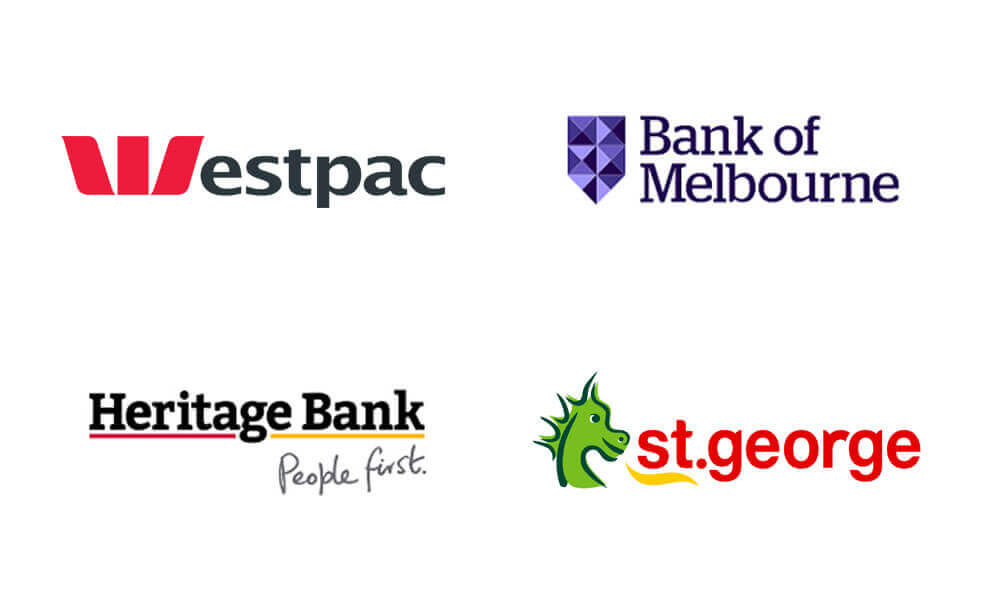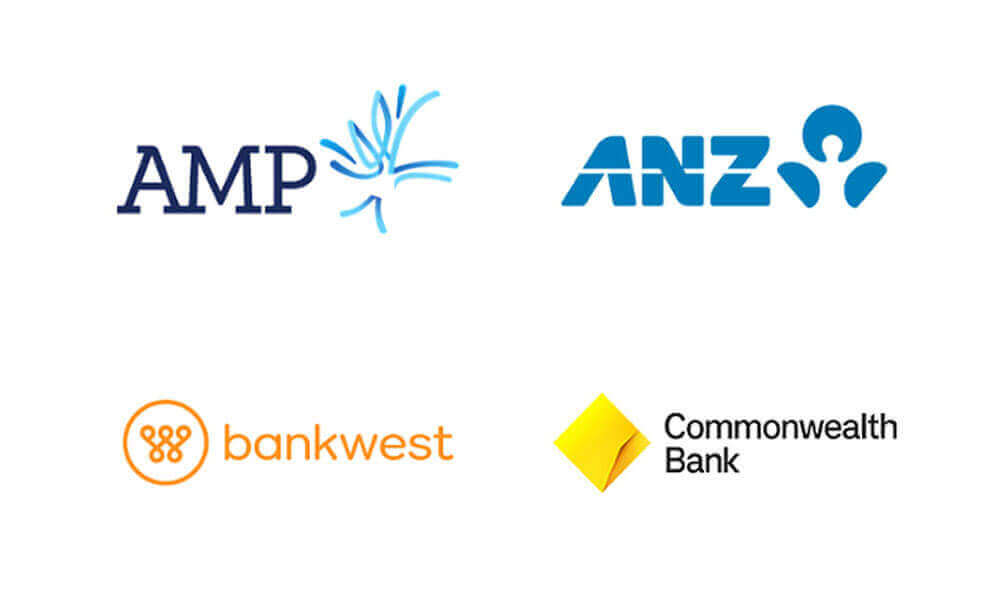
Your home loan application checklist
Planning to purchase a property in the near future? Here’s what you can do now…

If you’re like most property investors, trawling through boxes of receipts to tally up your allowable deductions is probably not your idea of fun. So, how can you make tax time a little easier?


Here’s our pre-tax time checklist.
The earlier you get organised, the less painful tax time will be.
To get started, gather up all the paperwork your accountant may need, from private health insurance info to rental income statements.
If you haven’t already been storing your receipts electronically, now is the time to change that. There are loads of apps and tools to digitise your receipts, so that they are all ready to go come tax time next financial year. Tracking your spending is also a great way to take control of your money.
Keep in mind the ATO still recommends you keep a back-up of all your digital records.
There are all sorts of deductions you may be able to claim on your tax return. Head on over to the ATO website to find out more.
If, like many Aussies, you had to work remotely last year, there may be good news for you. There are various home expenses you may be able to claim.
Investment properties owners can also claim expenses such as advertising for tenants, council rates, water bills, maintenance and loads more. The ATO website has more details.
The ATO’s Guide for rental property owners, Rental properties 2021, may also be useful in helping you to understand tax deductions for property investors.
Assessable income can come from a range of different sources. Examples include salary and wages, allowances, interest from bank accounts, dividends and other income from investments, bonuses and overtime payments, commissions, pensions and rent.
It’s a good idea to make note of all your assessable income and your allowable deductions in a spreadsheet or similar online tool, so that it’s in one easy location for your accountant.
At this time of year, accountants are more popular than ice-cream on a 34-degree day. A word to the wise: book in early.
And if you’re thinking of doing your tax on your own, we’d recommend you reconsider. A tax accountant is an expert who can help save you time and money, as they’ll know exactly what deductions you qualify for and ensure nothing gets missed.
You’re in the thick of going through your finances now, so you may as well review them and plan for the year ahead.
If you haven’t given your loan a health-check in a while, speak to us and we’ll make sure your mortgage is still right for your needs.
Think about how you’d do things differently in the new financial year. Maybe you’d like to start a savings plan using an offset account or redraw facility for a big-ticket purchase like another investment property?
Perhaps you could tackle your debt or use your equity to build your investment property portfolio.
Whatever your financial goals are, we are here to help you achieve them. Get in touch today.

Planning to purchase a property in the near future? Here’s what you can do now…

Are you considering investing in property? Buying an apartment can be a manageable option, perfect for first-time investors. The right apartment and good financial planning in Australia can secure incoming cash flow for years to come. Here’s our guide to investing in an apartment that will deliver high returns.
Yes, that’s right. You pay zero, zip, nada.
1st Street’s premium service comes at no cost to you! 1st Street is paid by the lender when your loan settles, however, this will not affect your interest rate or loan fees! It is often more cost-effective for a mortgage broker to process a loan rather than the lenders processing it themselves in-house. In fact, we often find that we can save you money by negotiating on your behalf.
Use our online calculators to work out how much you can borrow, loan repayments, stamp duty and lots more.






